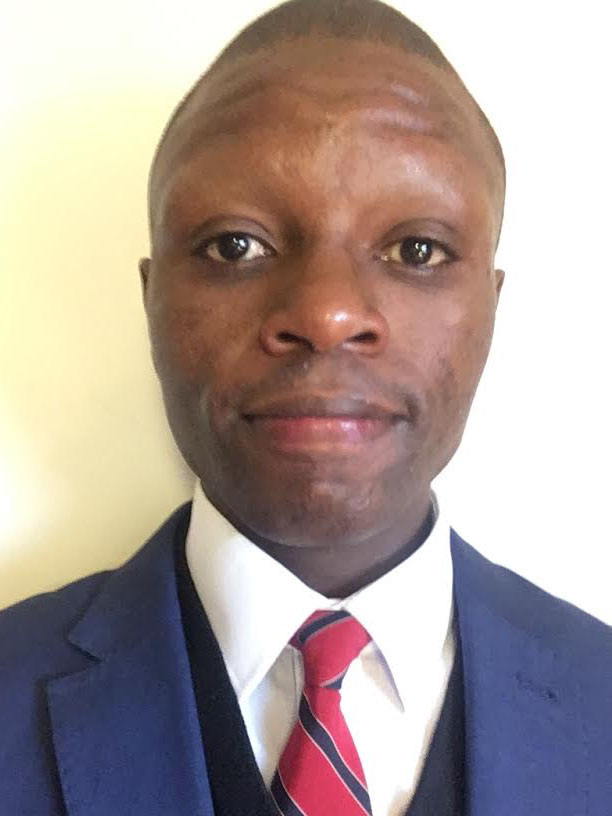
In the aftermath of the Rwandan genocide, 7-year-old Remy Mujigiti, MS’21, felt helpless.
“I remember waking up with a thousand bodies around me, struggling for their lives. I couldn’t do anything to save them. I decided I would become a doctor to save people’s lives, and that passion has followed me during my career,” Mujigiti says.
Though his focus has shifted from direct patient care to transforming health systems, his dedication to helping those in his country has never wavered. Today, he has come to Heller to become a global health researcher, excited to gain quantitative skills like data analysis in the MS in Global Health Policy and Management program. Eventually, he hopes to pursue a doctoral degree focused on health workforce policy.
“If we have capable, native physicians, and the tools we need in the research institutions to conduct research for the diseases we have, we don’t need to send any more patients to developed countries,” he says. “This would decrease child mortality, mothers who die in childbirth. Many Africans have the same passion.”
He made his first contributions to Rwandan health care as a college student at the National University of Rwanda. “I saw there were many international organizations coming to help at different hospitals, but they had barriers for communication. Some of them even gave up,” he says. He decided to create a translation company, hiring college students to serve as interpreters to help those organizations do their work.
After graduating, he joined Operation Smile, which fixes cleft lips for children in developing countries, then became a Global Health Corps Fellow at the Yale School of Public Health, coming to study in the United States for the first time.
Mujigiti then returned to his homeland, joining the Clinton Foundation to serve as a health analyst for a program called Rwanda Human Resource for Health. The program, which ran for seven years, brought faculty from top U.S. medical schools to train Rwandan medical students.
“The idea was training from the top down, so that once the U.S. faculty left, the Rwandans could train other people. The program was very successful and grew global attention—even President Clinton himself came for a visit, and I got a chance to shake his hand,” he says. The program was later expanded to Liberia.
Mujigiti has brought his decade of experience in global health to Heller, where he’s eager to share his knowledge and learn not only from his professors, but also his peers.
“I like the energy from my classmates. Everyone comes to create change. I thank Brandeis so much for the diversity they bring to the class, because everyone has unique strengths,” he says.
